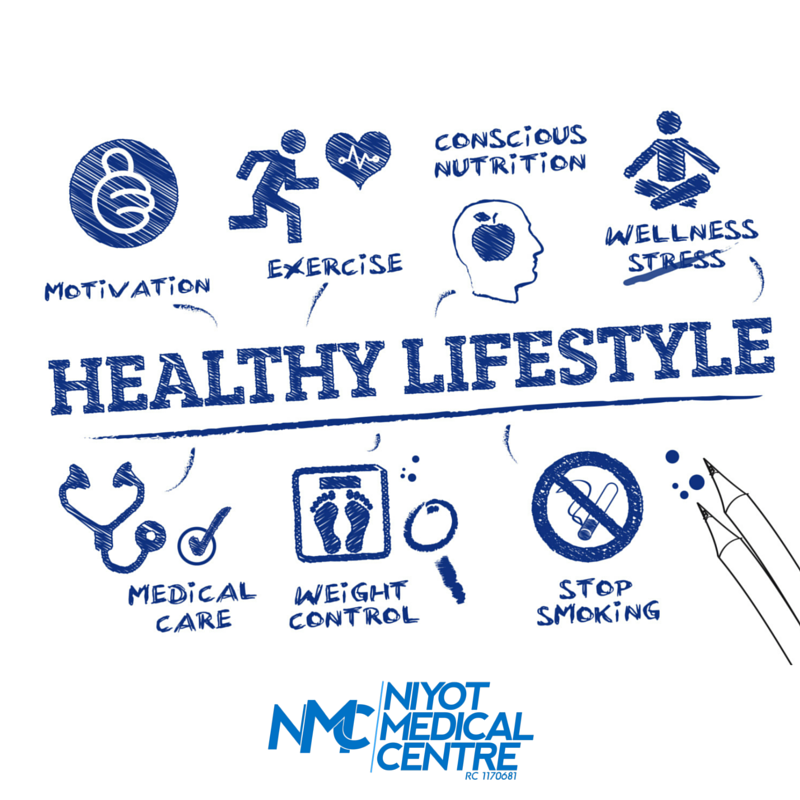Workers in Nigeria take more time off than those in any other country. How can you, as an employer, protect your business to ensure that staff keep healthy?
Nigerian workers take an average of nine days’ sick leave each year, more than four times as many as other African countries. This costs Nigerian employers about N60 billion a year in lost productivity. Reasons range from commonplace illnesses like cold and flu, malaria to chronic musculoskeletal problems while mental health conditions are the single most widespread cause of long-term absence. Alleviate the burden of sick days with these steps to improve staff’s health.
Musculoskeletal problems
This term covers any injury, damage or disorder of the joints or tissues and can be exacerbated or caused by workplace tasks. Problems of this nature include upper and lower limb disorders, repetitive strain injuries, osteoarthritis and carpal tunnel syndrome. There are several measures you can take to reduce employees’ risk of this disorders, which include:
- Make the task and workstation suitable for each worker.
- Introduce regular breaks to reduce the risk of repetitive injury.
- If lifting heavy items is part of an employees’ job, ensure they undergo adequate training
Mental health issues
Creating a supportive working environment for employees makes economic sense; around N2.4 billion is spent annually on employees who leave work because of a mental health problem. Many people with mental health problems want to work, but they must feel confident that their employer supports them. If one of your employees is off sick due to a mental health issue, be sure to communicate with them regularly and have a flexible system in place that recognises their challenges and needs within the working environment.
Everyday illness
Colds and flu viruses can spread rapidly through a workplace. Encourage good hygiene with well-placed hand sanitizers, boxes of tissues and a tolerant sickness policy. Encouraging employees to take time off could reduce the number of days lost by illness overall. You might want to consider offering the vaccination to staff too, as immunising your employees against the flu is the best insurance against the virus spreading.
Food poisoning is caused by germs, toxins or chemicals in food or drink and it can be contagious. Cross-contamination is one of the most common causes of food poisoning so keep food preparation areas clean and ensure the communal fridge is cleaned weekly.
The health of a business relies on the health of its employees. Reducing staff sick days means supporting staff when they are ill, encouraging good hygiene and overseeing employees’ physical wellbeing at work. Creating a reassuring, informative workplace where employees are happy and confident in their employer’s support can have a positive effect on absenteeism.
Confidential Health And Safety Assessment
If you’d like to talk about these or any other business healthcare challenges, please give us a call at 08140000195 or Email: dradenaike@niyotmedical.com
For a confidential business healthcare assessment with a click-through to the page.
Let’s start a conversation about how ethical, results-based healthcare programmes can help your business avoid mistakes and achieve your business and professional goals for your employees.




2 Responses
Health dey say is wealth, 4 1 2 b active in order 2 engage in His/her day-day activities He must be physically and mentally balanced interms of food intake nd dt can only b achieved by balancing His diet nd going 4 check up once in a while coz some pple seldom do that!
For some pple all they need is rest and they won’t know coz they don’t observe rest @ll all in d name of work! Work!! Work!!! I c no reason y som1 wl work 4 more than 12hrs in a day, dt is totally absurd and suicidal